In this article, we go over which of these activities violates Homeland Security’s restrictions for boats, explaining why these rules exist, common examples of restricted actions on U.S. waters, and how knowing them keeps you compliant and safe while enjoying your boat.
Many boaters are unaware that Homeland Security, through agencies like the U.S. Coast Guard and Department of Homeland Security (DHS), enforces specific restrictions in certain areas and situations. Violating these rules—intentionally or not—can result in fines, vessel seizure, or worse. Let’s look closely at the activities you must avoid.
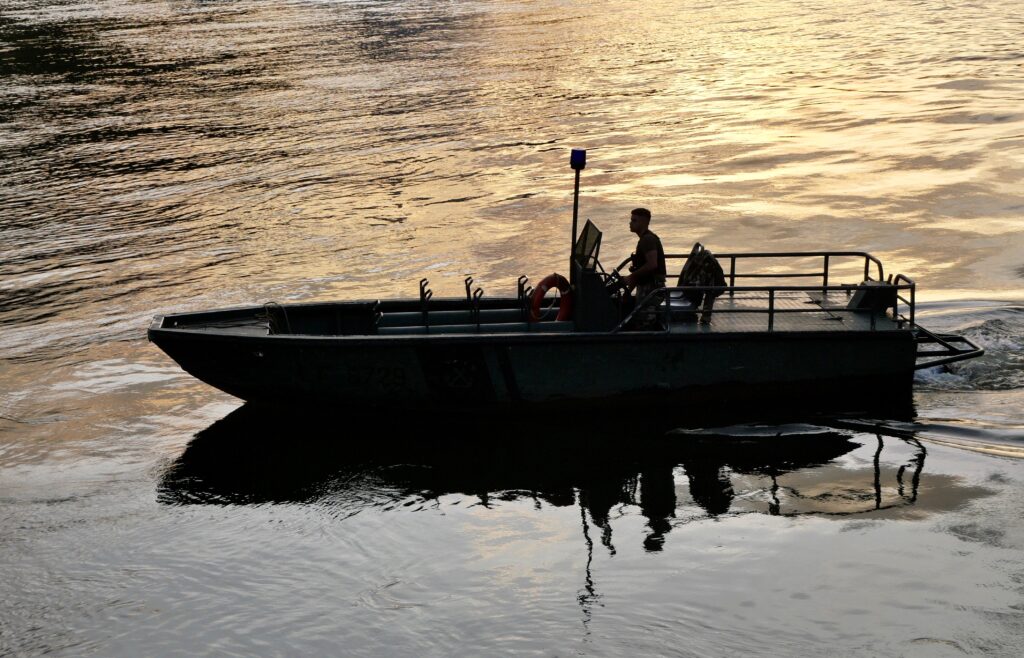
Why Homeland Security Has Boating Restrictions
The Department of Homeland Security is responsible for protecting U.S. waters, ports, and critical infrastructure. After 9/11, the Maritime Transportation Security Act (MTSA) established stricter controls in sensitive zones to prevent threats to national security.
These restrictions are in place to:
- Protect bridges, power plants, naval bases, and refineries
- Control access near cruise ship terminals and ferries
- Prevent interference with commercial shipping lanes
- Ensure law enforcement and rescue operations can operate freely
As a recreational boater, understanding these rules isn’t optional—it’s part of being a responsible vessel operator.
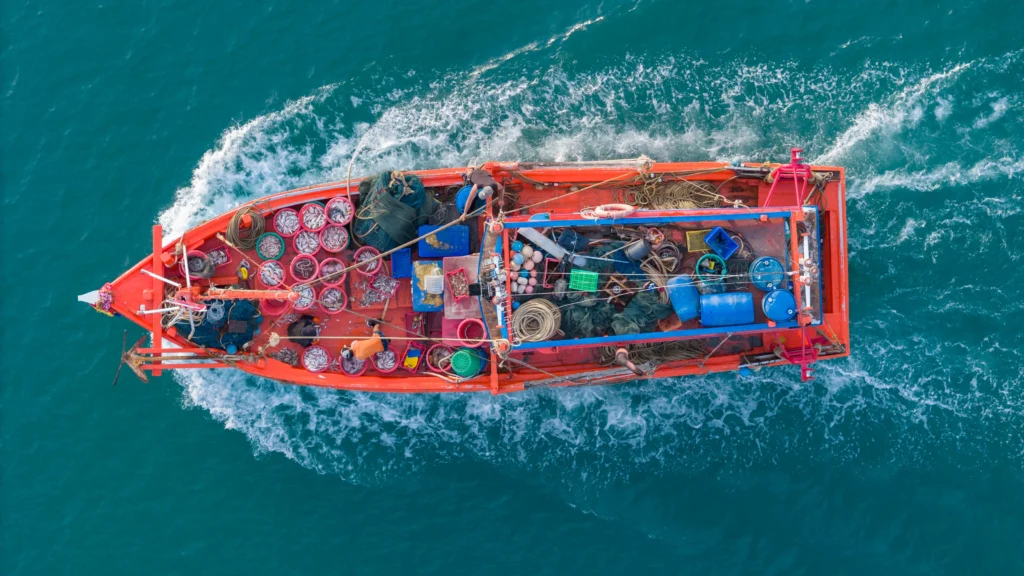
Common Activities That Violate Homeland Security Restrictions
So, which of these activities violates Homeland Security’s restrictions for boats? Here are key examples:
Entering Security Zones Without Permission
Certain areas on the water are marked as security zones. These might include:
- Around military installations
- Near critical infrastructure like oil terminals
- Within designated port facilities
Entering these zones without authorization violates Homeland Security regulations. Signs, buoys, or patrol boats often mark these zones. Always check local charts and notices before heading out.
Ignoring Naval Vessel Protection Zones
Federal law requires you to stay at least 100 yards away from U.S. naval vessels and proceed at no‑wake speed within 500 yards. Approaching closer without permission can lead to severe penalties. These zones are active wherever naval vessels operate, including inland waterways and open ocean areas.
Approaching Cruise Ships Too Closely
When a cruise ship is underway or in port, specific restrictions apply. Boaters must maintain a minimum standoff distance (often 100 yards or more) and avoid creating a wake near these large vessels. Ignoring these limits violates Homeland Security rules and endangers passengers and crew.
Anchoring in Restricted Channels
Certain shipping channels and ferry routes are designated as off-limits for anchoring or loitering. Blocking or disrupting these routes can trigger enforcement actions from the Coast Guard, especially in areas with heightened security.
Failing to Heed Law Enforcement Orders
If the Coast Guard, local marine patrol, or Homeland Security officials order you to stop, change course, or exit a zone, you must comply immediately. Ignoring these instructions is a direct violation and can escalate quickly.
Operating Without Proper Documentation in Sensitive Areas
Homeland Security enforces documentation requirements in certain areas. For example, vessels over a specific tonnage or engaged in certain activities may need certificates, inspection decals, or permits. Operating without them in restricted zones is a violation.
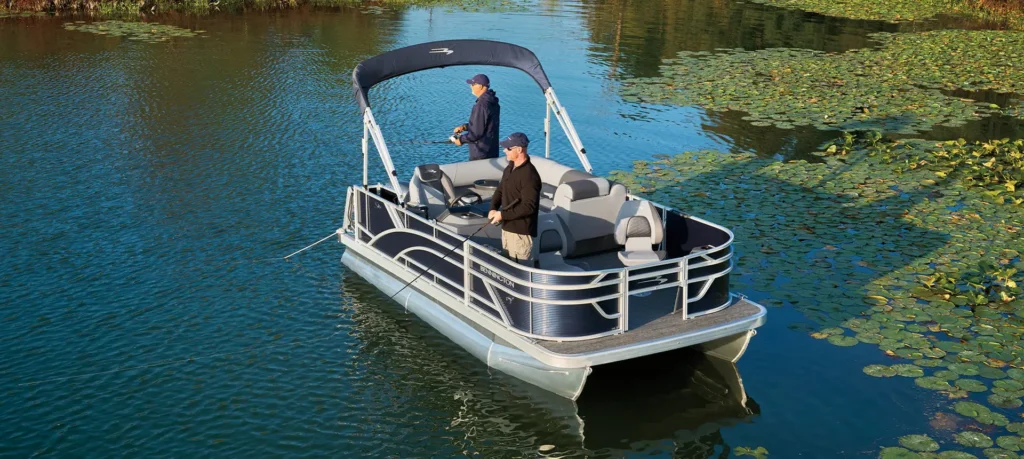
How to Identify Restricted Zones
The U.S. Coast Guard and DHS publish Local Notices to Mariners (LNMs) that list security zones and restrictions. Boaters can access them online through the U.S. Coast Guard Navigation Center. Many modern GPS and chartplotters also display restricted areas.
Before a trip, review:
- Current navigational charts for your area
- Any security alerts or temporary restrictions
- Local marina postings or Coast Guard updates
Preparation ensures you never unknowingly cross into a restricted zone.
Penalties for Violations
Violating Homeland Security restrictions can lead to:
- Fines of thousands of dollars
- Vessel boarding and inspection
- Detention or arrest for willful violations
- Permanent record impacts for commercial licenses
In severe cases, boats may be seized or operators charged with criminal offenses. Knowing which of these activities violates Homeland Security’s restrictions for boats is not just about avoiding fines—it’s about keeping yourself and others safe.
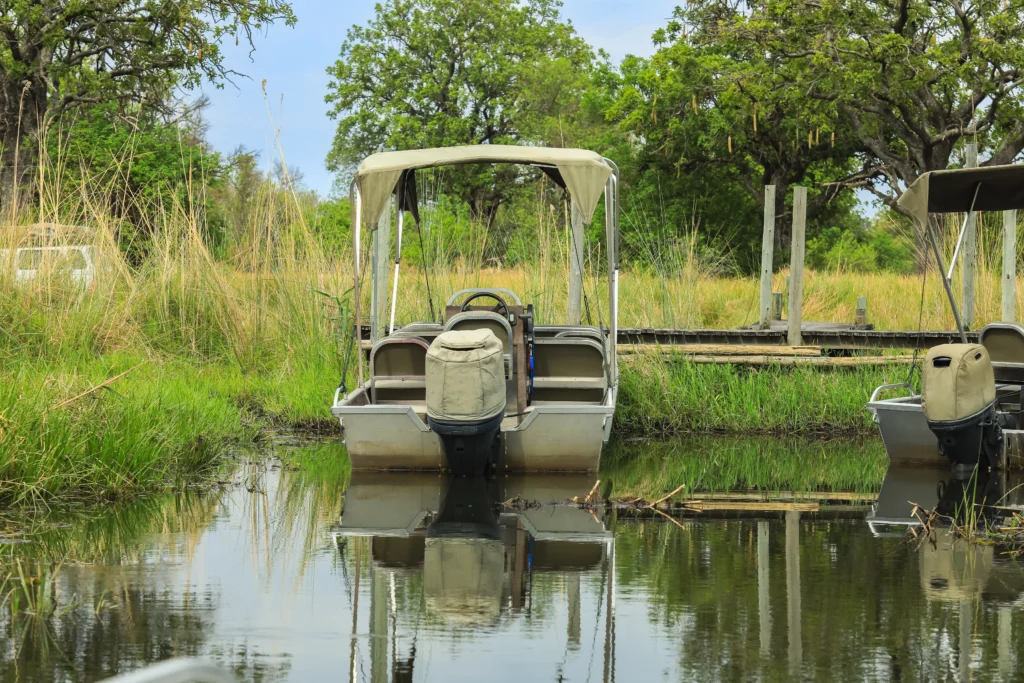
Best Practices to Stay Compliant
Here are proven tips to stay within the law:
- Keep updated nautical charts on board.
- Monitor VHF Channel 16 for security broadcasts.
- Stay well clear of marked security zones and naval vessels.
- Obey all posted signs, buoys, and patrol boat instructions.
- Avoid loitering in ferry lanes or major shipping channels.
- Always carry required documentation and identification.
When in doubt, slow down and call the local Coast Guard station for clarification.
Special Situations: Fishing and Recreational Use Near Restricted Areas
Many anglers unintentionally drift into restricted zones near bridges or piers. Even if you’re anchored and not causing harm, Homeland Security restrictions still apply. Pay attention to signs and use your GPS to monitor your position.
Kayakers, paddleboarders, and small craft operators should also be aware—restrictions apply regardless of vessel size.
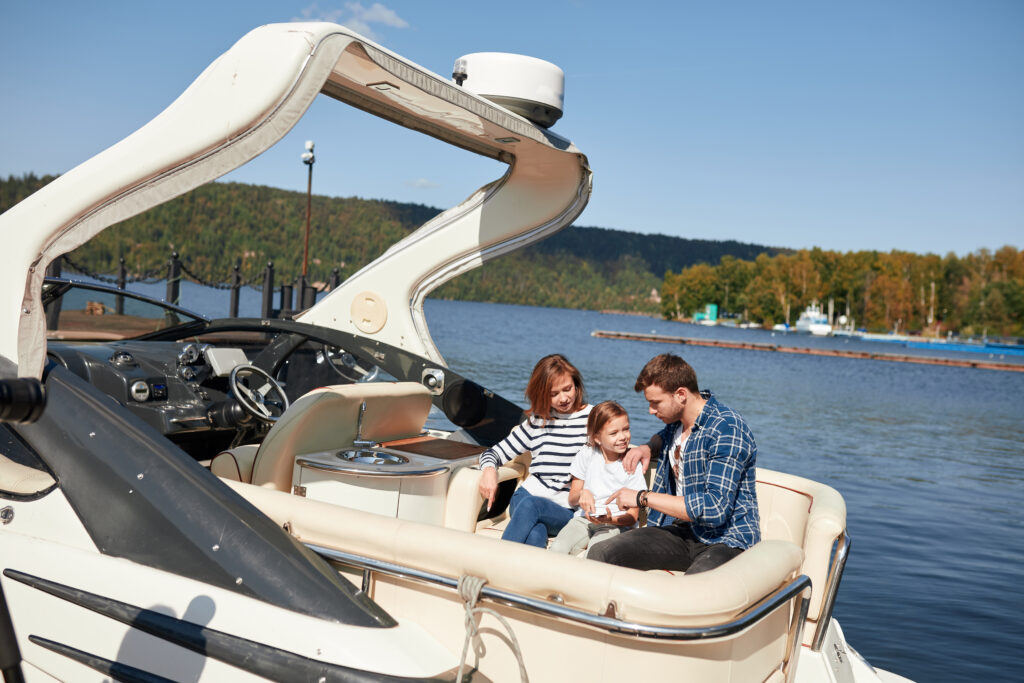
How We Help Boat Buyers Understand Regulations
At Float Finance, we go beyond just securing financing. We want every client to feel confident and informed about safe boating practices. When financing your boat through us, we encourage you to take a boater safety course, review local regulations, and understand Homeland Security guidelines before setting out.
Our boat financing page includes resources and tools to help you plan responsibly, because protecting your investment means knowing how to operate legally and safely.
Real-Life Example: A Costly Mistake Avoided
One client purchased a high-end fishing boat through us and planned to explore coastal waters near a naval base. We explained the 100-yard naval vessel protection zone during financing. Later, they reported that their awareness helped them avoid entering a restricted channel patrolled by the Coast Guard, preventing potential fines and an embarrassing boarding.
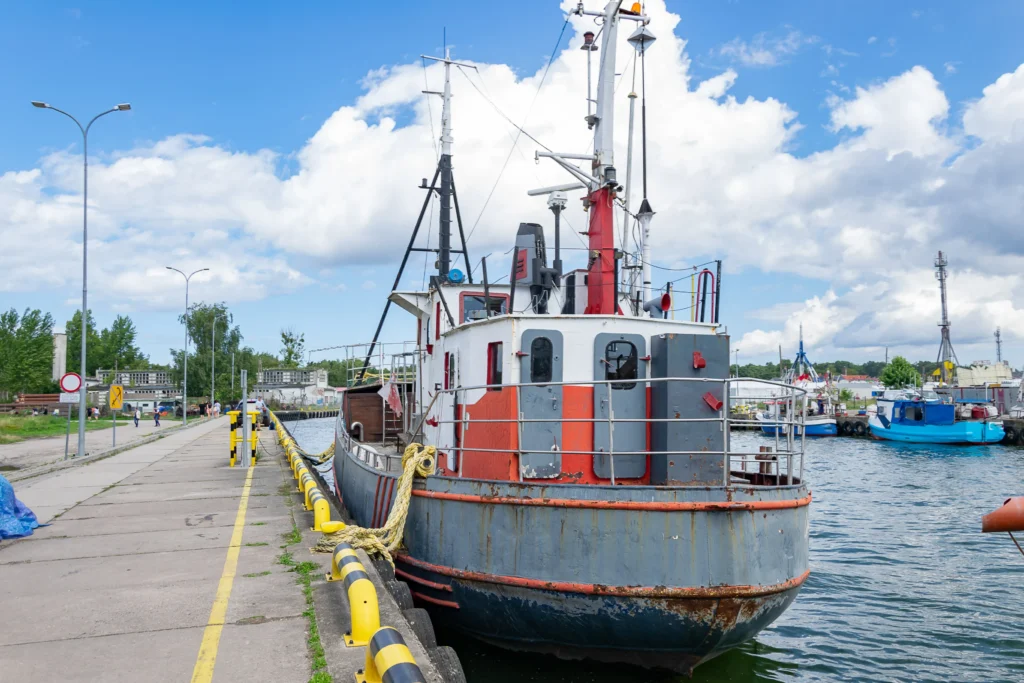
Why Homeland Security Rules Benefit Everyone
These restrictions aren’t meant to ruin your fun; they keep waterways safe and secure. Staying clear of sensitive zones:
- Reduces collision risks with large vessels
- Helps law enforcement detect real threats quickly
- Ensures commercial and military operations continue without disruption
- Protects you from legal consequences and fines
Following these guidelines demonstrates respect for other mariners and the infrastructure that keeps boating possible.
Conclusion
So, which of these activities violates Homeland Security’s restrictions for boats? Entering security zones without authorization, approaching naval vessels or cruise ships too closely, anchoring in restricted channels, or ignoring law enforcement orders are clear violations. Understanding and following these rules keeps you safe, compliant, and confident on the water.
At Float Finance, we believe every boater should enjoy their vessel responsibly. Alongside helping you secure financing that fits your needs, we encourage you to stay informed about navigation laws and Homeland Security restrictions so your time on the water is as smooth and stress-free as possible.
